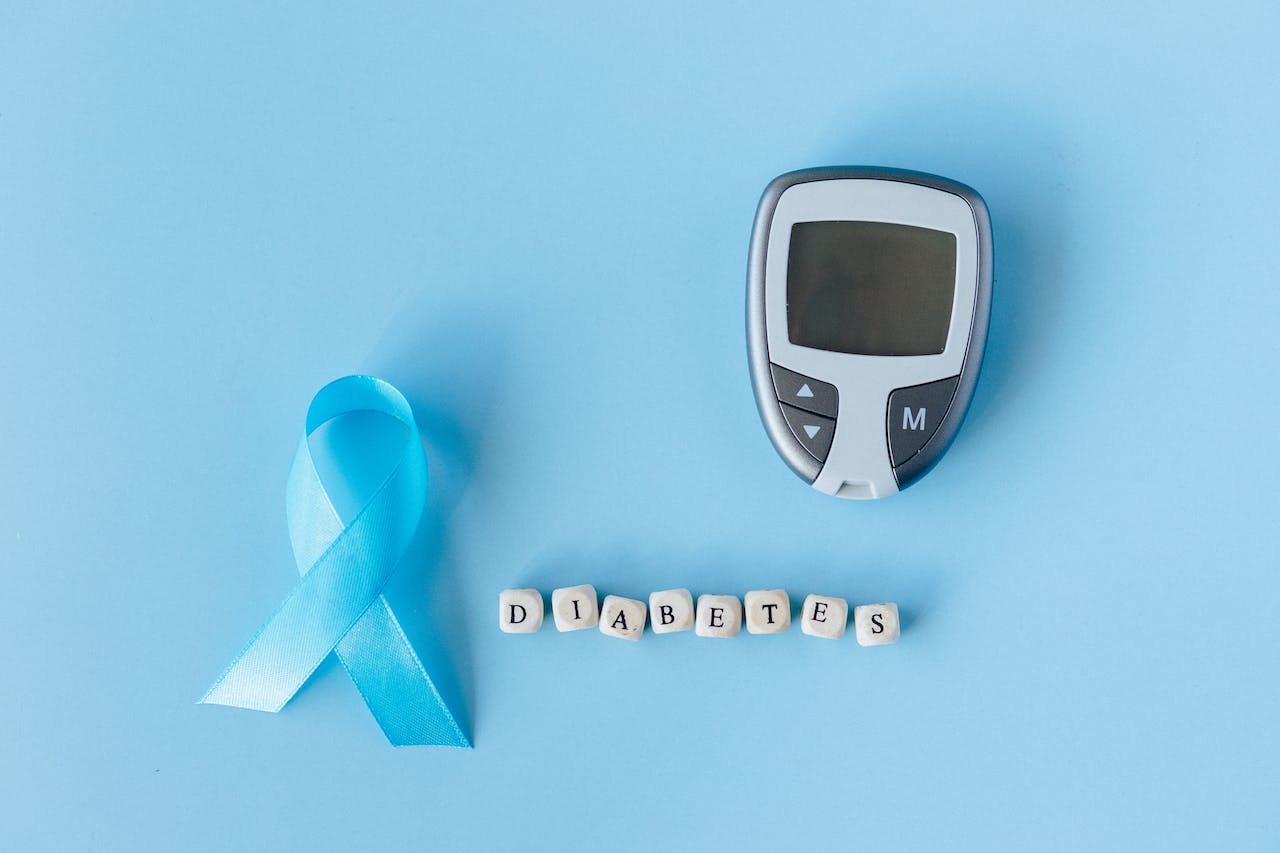“Diabesity” – a term used to describe the interplay between obesity and type 2 diabetes (T2D). According to health experts, this condition is likely to be the biggest epidemic in human history.
Worldwide, obesity has tripled in the last 50 years, with more than 650 million people considered obese. Similarly, diabetes currently affects 422 million people, with 1.5 million deaths attributed to the condition annually.
The ever-increasing burden of diabesity and limited healthcare resources highlight the need for the prioritization of actionable goals to prevent and manage it better.
Diabesity: Diabetes and Obesity Relationship
The bidirectional relationship between obesity and T2D means that each can contribute to the development and exacerbation of the other. It does so in the following ways:
Obesity leading to T2D:
- Obesity is often characterized by an excess accumulation of fat, especially in the abdominal region. This excess fat can lead to a condition called insulin resistance. This is where the body’s cells don’t respond effectively to insulin, a hormone that regulates blood sugar. As a result, the pancreas produces more insulin to compensate for increasing blood glucose levels.
- To meet the increased demand for insulin, the beta cells in the pancreas (which produce insulin) may become overworked and stressed. Over time, they may not be able to produce enough insulin to maintain normal blood sugar levels.
- Insulin resistance, coupled with insufficient insulin production, results in elevated blood sugar levels. If these high blood sugar levels persist, it can lead to the development of T2D.
T2D leading to obesity:
- High blood sugar levels associated with uncontrolled T2D can lead to increased appetite and thirst. People with diabetes may consume more calories, which can contribute to weight gain and obesity.
- Some medications, particularly insulin and certain oral medications, can lead to weight gain as a side effect. This can further exacerbate obesity in individuals with diabetes.
- Uncontrolled diabetes can lead to symptoms, such as fatigue, which may reduce a person’s physical activity levels. Inactivity can contribute to weight gain and obesity.
It’s important to note that not all individuals with obesity necessarily develop T2D, and not all individuals with T2D are obese.
Yet, obesity is a significant risk factor for developing T2D. As such, losing weight through lifestyle changes, such as a healthier diet and increased physical activity, can help improve insulin sensitivity and manage blood sugar levels in those with diabetes.
Addressing diabetes
Early detection and intervention are crucial in preventing and managing diabetes. Not taking action is likely to result in sufferers becoming progressively ill and debilitated.
Diabetes, especially T2D, often develops gradually. Unfortunately, these may not present noticeable symptoms in their early stages. If uncontrolled, diabetes can lead to a variety of serious health complications. These include heart disease, kidney disease, nerve damage, and vision problems.
The power of screening
Regular screenings can detect the condition before it becomes more advanced, allowing for early intervention. Different types of diabetes require different management approaches. Diabetes screening can help healthcare providers determine the type and severity of diabetes in a patient. This allows for personalized treatment plans.
Screenings typically involve simple blood tests to measure blood glucose (sugar) levels and can be done at most pharmacy clinics. The frequency of screenings should be discussed with a healthcare provider, and it may vary depending on individual risk factors and age.
Diabetes screenings play a crucial role in maintaining public health and the well-being of individuals at risk of or living with diabetes. It’s important to recognize that both obesity and T2D are preventable and manageable conditions.
In the spirit of Diabetes Month, I encourage everyone over the age of 45 to go for a diabetes screening.
MAIN IMAGE CREDIT: Photo by Nataliya Vaitkevich/Pexels
Who is the author?
Fadhl Solomon
Fadhl Solomon is the Cardiovascular Product Manager for Pharma Dynamics.



